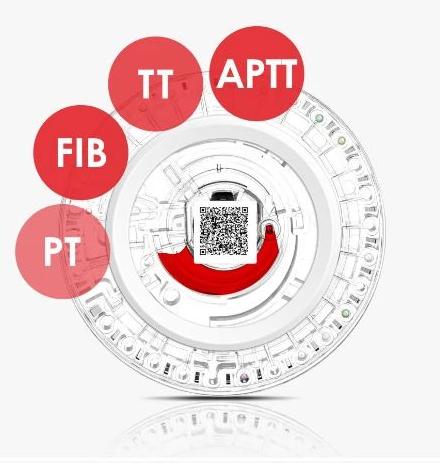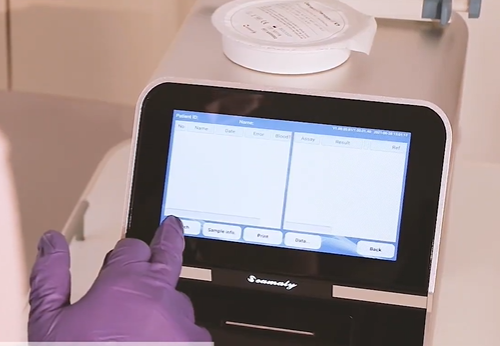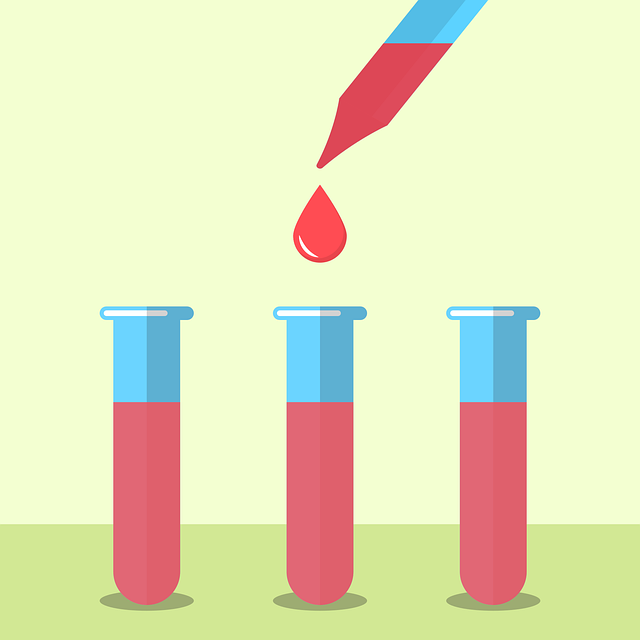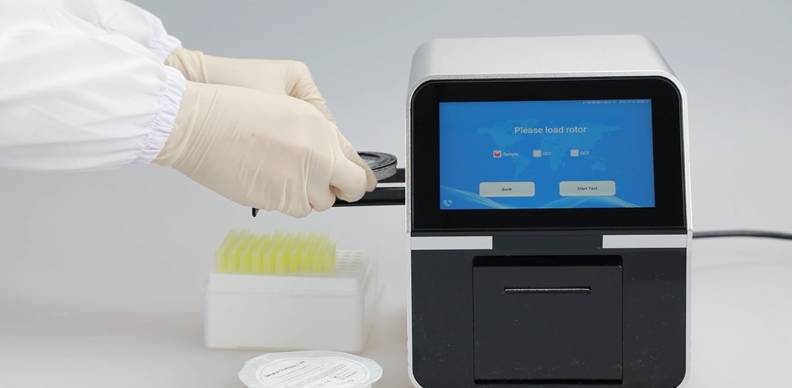release time:2021-12-28 11:08:34
Seamaty's four coagulation reagents include Prothrombin Time (PT), Activated Partial Thromboplastin Time (APTT), Thrombin Time (TT) and Fibrinogen (FIB).
Fourth, it can be used to test the coagulation status of pets after taking anticoagulant drugs such as heparin and warfarin.

The biochemical analyzer used with the coagulation reagent tray is Seamaty's SMT-120V biochemical analyzer. This biochemical analyzer is the only instrument on the market in China that can measure both biochemistry and coagulation. After one year of sale, the product was upgraded. After the system upgrade, the test time was reduced from 17 minutes to 10 minutes, and the test results were available in three simple steps.

2022-06-08
Although the technology of dry biochemical assay for GLTA started relatively late, the development of dry chemical assay is very rapid.

2022-05-06
Biochemical tests provide a basic assessment of the body's liver function, kidney function, blood glucose, lipids and electrolytes to help doctors prevent, diagnose and treat disease. A sample from a biochemical test that is haemolysed is likely to affect the test results. How can haemolysis affect the biochemical tests?

2021-10-28
Diagnostic Tests In Lab include a series of blood and urine tests. Blood tests may include testing for genes (inherited diseases) or determining the amount of oxygen in the blood. Urine tests may check the blood, chemicals, bacteria and cells for infections or other abnormalities.